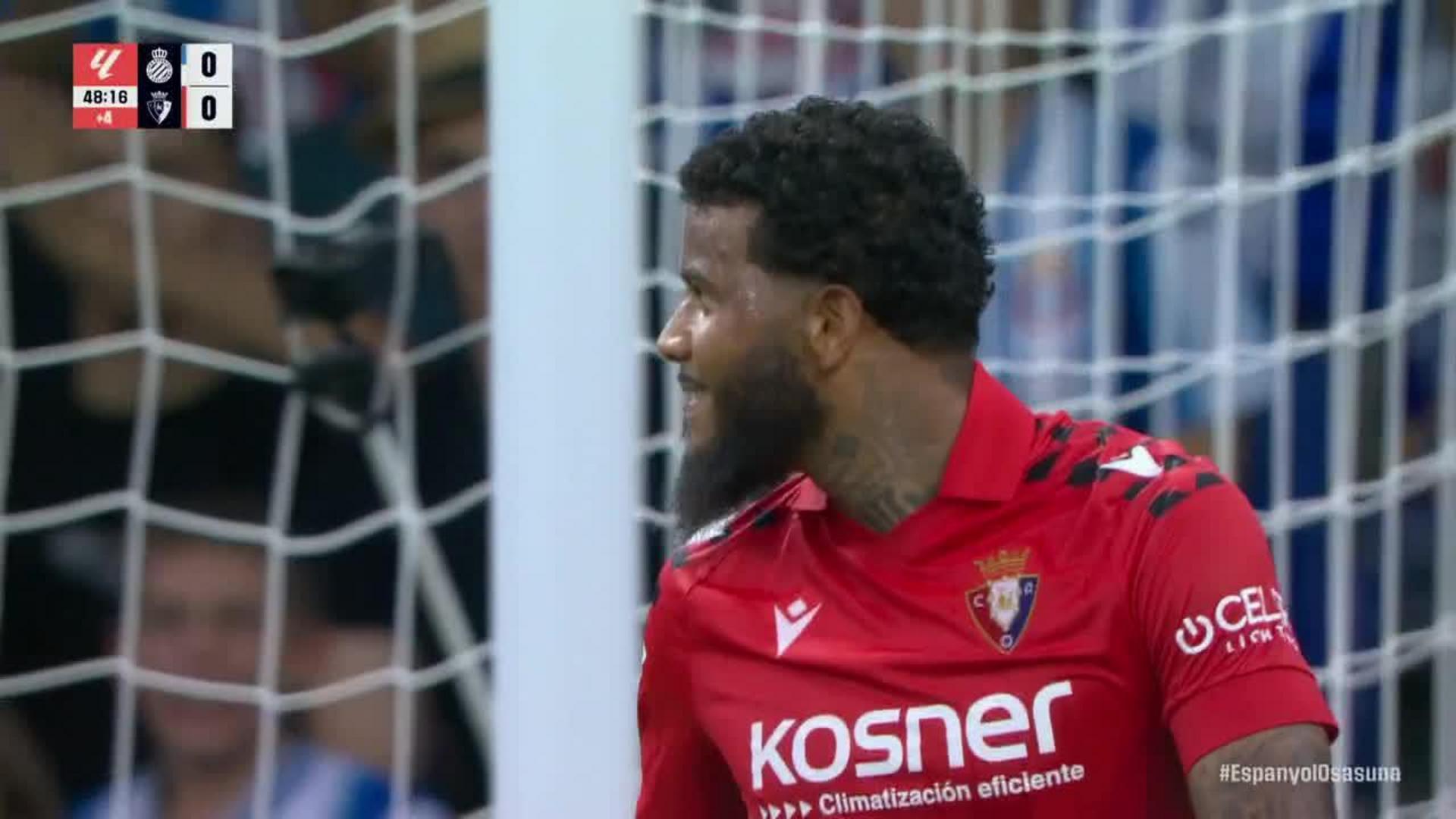Trinidad Court Blocks Extradition of Former FIFA VP Jack Warner to US
In a significant legal development, a Trinidadian court has blocked the extradition of Jack Warner, the former FIFA Vice President, to the United States. Warner, who has long been embroiled in various corruption allegations, was facing charges in the US related to fraud and money laundering in connection with his tenure at FIFA.
The decision came after a lengthy hearing in the High Court of Trinidad and Tobago, where the judges ruled that Warner could not be sent to the US to face trial. The court cited various procedural and legal reasons for the blockage, emphasizing the protection of Warner’s rights under Trinidadian law. The move has sparked widespread discussion within the football community and legal experts, as it raises questions about international cooperation in corruption cases.
Jack Warner, who hails from Trinidad and Tobago, was a prominent figure in FIFA for many years, holding the Vice President position and exerting considerable influence over football administration in the Caribbean and beyond. However, his reputation was marred by multiple allegations of corruption, bribery, and illicit financial dealings, especially surrounding the awarding of the 2010 World Cup and other FIFA events.
The US authorities had long sought Warner’s extradition, aiming to hold him accountable for his alleged role in a multi-million dollar corruption scandal that rocked world football. Despite efforts by the US Department of Justice and football governing bodies to bring Warner to justice, the ruling from the Trinidad court means that he will remain in the country for the time being.
Background on Warner’s Charges and FIFA Scandal
Warner’s alleged misconduct involves several counts of bribery and money laundering that were revealed following an investigation into FIFA’s highest echelons. The scandal surfaced dramatically in 2015, leading to the indictment of multiple FIFA officials, including Warner, who was accused of accepting bribes in exchange for football tournament broadcast rights and marketing deals.
The US Department of Justice indicted Warner along with other former FIFA officials, describing the case as one of the largest corruption investigations ever seen in sports. Warner’s extradition has been a priority for US prosecutors to enable a fair trial for the abuse of power and funds.
Legal Arguments and Court Ruling Details
During the extradition hearing, Warner’s legal team argued that the extradition request was flawed in several respects, including concerns about the fairness of the potential trial in the US and procedural irregularities in the charges laid against him. They also highlighted Warner’s age and health issues as factors that would affect his ability to stand trial abroad.
After considering these arguments, the Trinidad High Court ruled in favor of Warner, declaring that the extradition process did not meet the required legal standards. The judges upheld the importance of protecting citizens’ rights under national law before compliance with international requests.
Implications for International Football and Legal Precedent
This ruling presents a complex challenge for ongoing efforts to combat corruption in international football. It underscores the difficulties faced by jurisdictions attempting to extradite powerful sports figures accused of corruption, especially when national courts exercise discretion in extradition matters.
Furthermore, the decision could influence similar cases involving high-profile sports officials and international judicial cooperation. Analysts suggest that this could embolden other accused individuals to fight extradition attempts more vigorously on legal grounds.
Responses from Stakeholders
The ruling has elicited mixed reactions from the football world and legal experts. Supporters of Warner view the decision as a victory for due process and national sovereignty, while critics lament the missed opportunity to hold a major figure accountable for alleged corruption.
FIFA and related football institutions released brief statements expressing commitment to transparency and reform, reaffirming their dedication to ethical governance despite ongoing challenges.
Conclusion
The Trinidad court’s refusal to extradite Jack Warner to the US marks a crucial moment in the saga of corruption allegations that have shaken world football’s foundations. It reflects broader tensions between national legal protections and the imperative of global justice in sports administration. As Warner remains in Trinidad, the international community watches closely how this decision will affect future prosecutions and the fight against corruption within the beautiful game.
Image courtesy by www.espn.com



